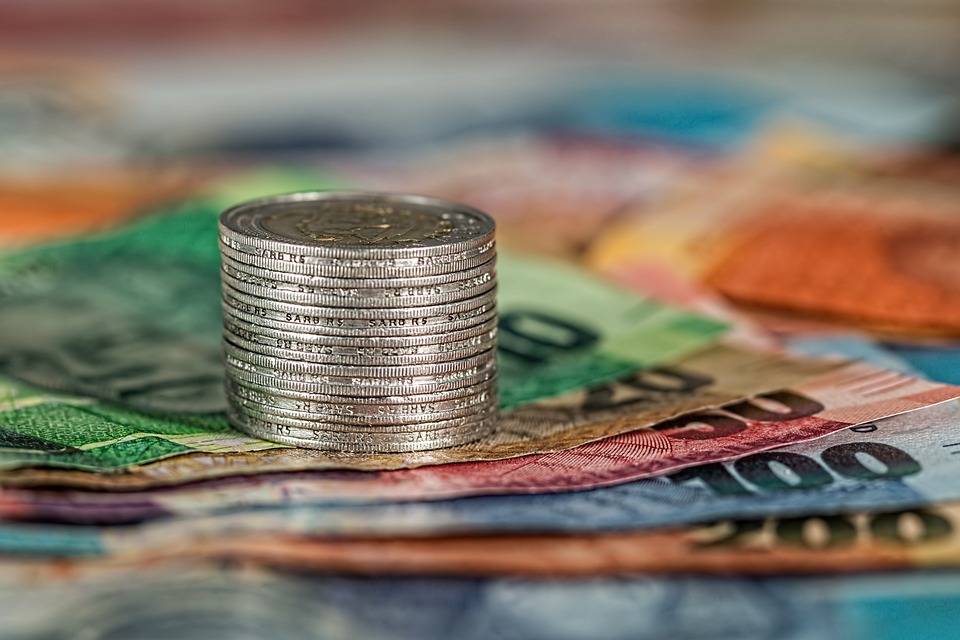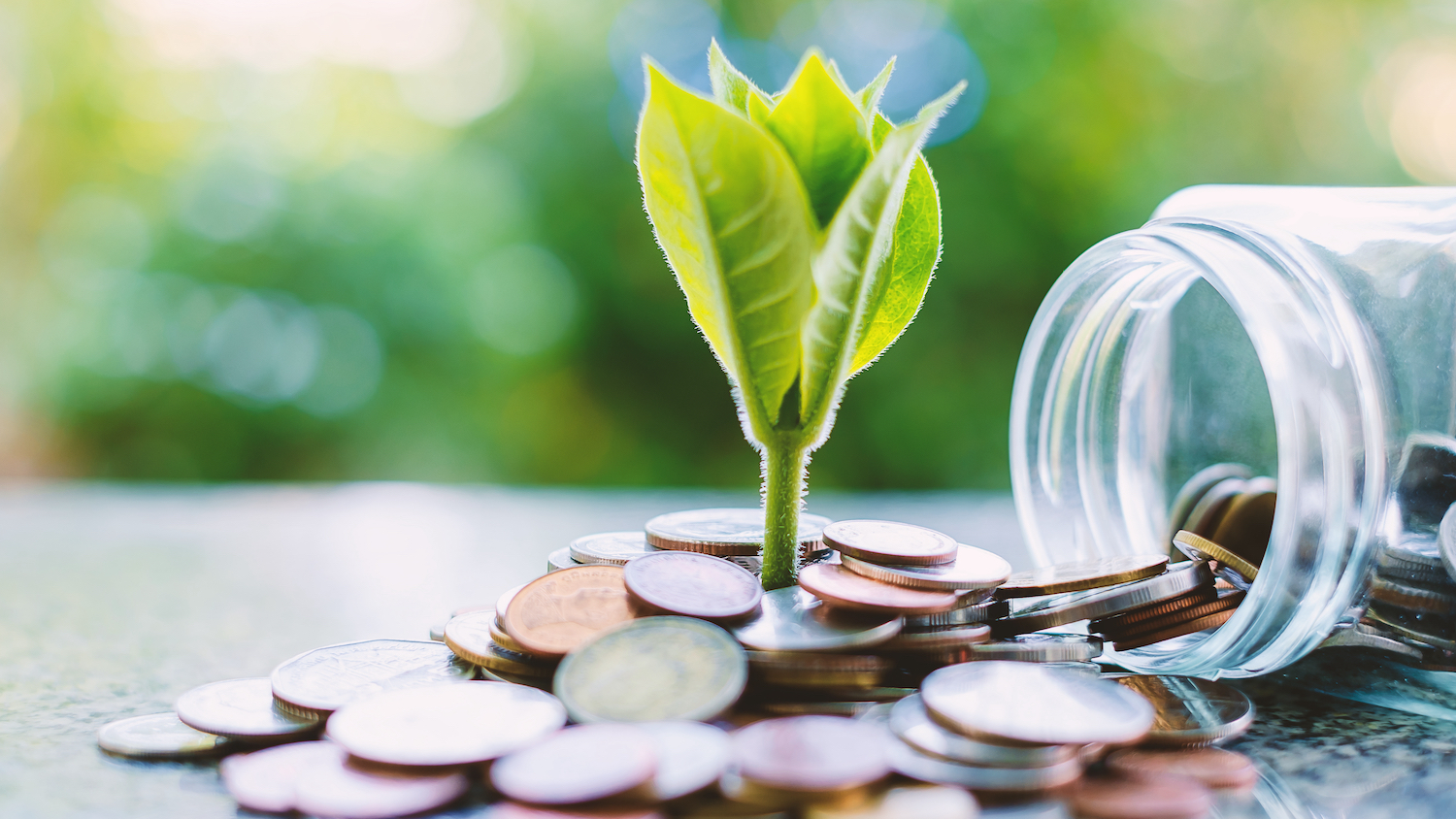I think most people believe in the concept of sustainable living, but I think for many, the tiny contribution they think they can make individually is completely outweighed by the inconvenience of them doing so.
So, let’s find out about these “inconveniences” that are preventing people from helping and fighting for the environment.
No Time
 “I just don’t have time for it!”
“I just don’t have time for it!”
We’ve all said it before. When life gets busy, we start skipping a lot of things. When you are engrossed with crazy work schedules, for example, you don’t have enough time to work out or to clean the house; it becomes then easier for you to be okay to be out of breath after a flight of stairs and to accept living in filth. And, by the end of the day, “I don’t have time” will quickly shift to “It’s not a priority.” The same goes for sustainable living.
There are many who claim that they want to live sustainably but they are already too pushed for time. They feel like they don’t have time to devote to the environment when they are juggling between raising a family and work life. Thus, the “I’d love to help the environment but I just don’t have time” becomes “helping the environment isn’t a priority.”
Suddenly, the excuse of time becomes a strong argument about the environment not being a priority for many.
What I Have to Say About This:
Time is indeed our most precious resource, but no matter where you choose to spend your time, you can always try to make the most of it. Saying you don’t have time for a sustainable living when you are wasting late nights on Facebook is clearly a waste of your own time.
You don’t have to take hours or days out of your time to help the environment; you can just spend a few minutes increasing your environmentally-friendly knowledge or pick one green thing to do once a week and eventually that one thing can develop into a habit –which means you won’t even need to think about sparing it time when it’s something you are used to.
Environmentally Friendly Products Are Too Expensive
 Global warming is a threat to our environment and the only way to protect it is to build a green economy. But if you ask people if they are willing to live a more sustainable lifestyle, a great percentage would respond with a “no” and the number reason lies in the belief that green alternatives are very expensive.
Global warming is a threat to our environment and the only way to protect it is to build a green economy. But if you ask people if they are willing to live a more sustainable lifestyle, a great percentage would respond with a “no” and the number reason lies in the belief that green alternatives are very expensive.
Most eco-friendly products are indeed expensive as their manufacturing process requires a lot more care and attention. The raw materials needed to produce eco-friendly products, for example, can cost more than the materials needed to produce conventional products. Take organic cotton lines and clothing for instance. Conventional cotton is grown using high amounts of pesticides that allow farmers to grow the cotton in mass quantities and thus sell the by-products for less. However, the runoff of these chemicals affects our soil, water bodies and even the farmers who are harvesting the cotton. On the other hand, growing cotton using natural and “green” techniques could involve more labor, more costs and more time and thus the price would reflect the extra time and care needed to make the organic products.
In addition, eco-friendly products are often manufactured using fair trade principles or some other ethical standards. For instance, if the workers making the products are paid a fair wage or treated ethically, the cost of the green product would reflect that.
What I Have to Say About This:
There’s no denying that green alternatives may be way more expensive than conventional products. However, choosing sustainable products might help you save money in the long run. Conventional disposable razors, for example, may cost less than reusable safety razors, but are you willing to spend more than $ 350 on buying around 10 plastic razors than spending $ 90 on a good reusable safety razor?
